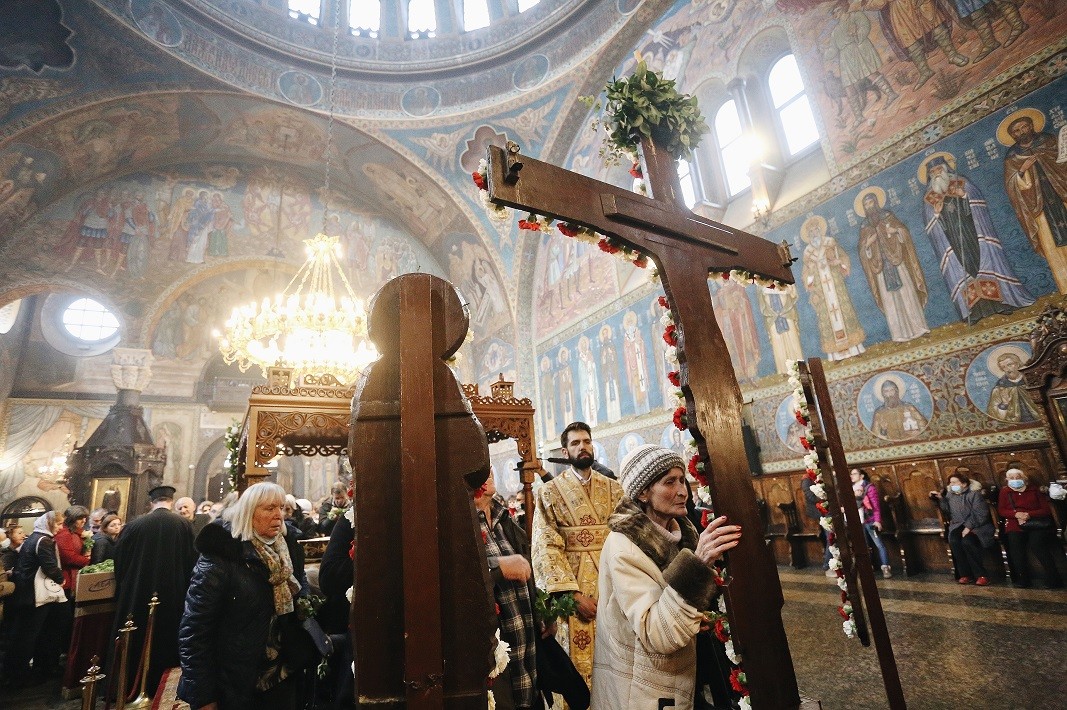
One of the events with which Mary Boys Band mark their 30th anniversary is a concert with a large symphony orchestra in Bulgaria Hall in Sofia on November 21. The singer in the band, Maria Mutafchieva – Mary, says that this has been her dream for a..
"Every prelude by Debussy is a perfect musical world" - this is how young Bulgrian pianist Emanuil Ivanov answers the question about his favorite part of the musical program that he prepares for the audience in Sofia. He has been working on Claude..
“Every person believes in God differently. In the force we call God,” said folk singer Yanka Rupkina – one of the symbols of Bulgarian musical culture – in an interview for Trud newspaper in 2017. And she shared openly: “I believe. Everyone must..

+359 2 9336 661
